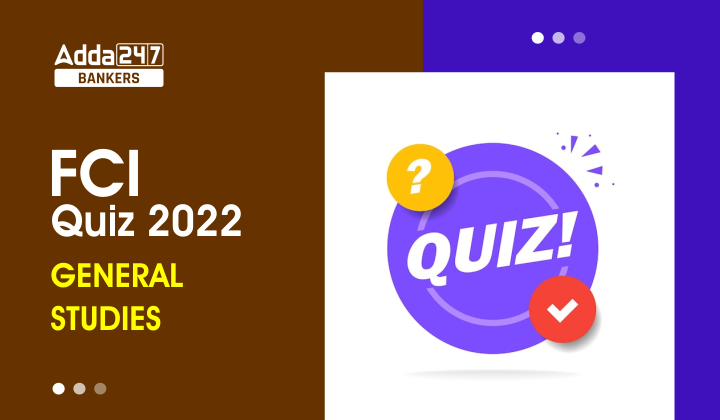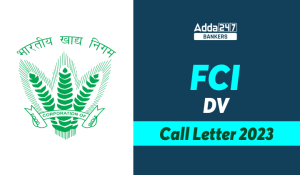Q1.The people of the Indus valley civilisation worshipped ____________.
(a) Vishnu
(b) Pashupati
(c) Indra
(d) Brahma
(e) None of these
Q2.Chand Bibi was the ruler of _______.
(a)Ahmednagar
(b)Malwa
(c)Golconda
(d)Chanderi
(e) None of these
Q3.Who estimated the National Income for the first time in India?
(a)Mahalanobis
(b)Dadabhai Naoroji
(c) V K R V Rao
(d) Sardar Patel
(e) None of these
Q4.Which one of the following pair is not correctly matched?
(a) Purna Swaraj Resolution – 1929
(b) Martyrdom of Sardar Bhagat Singh – 1931
(c) Formation of Congress Socialist Party – 1938
(d) Simla Conference – 1945
(e) None of these
Q5. Provincial Autonomy was one of the important features of the Act of___
(a)1935
(b) 1919
(c) 1909
(d) 1858
(e) None of these
Q6.The Adi Granth was compiled by
(a) Guru Arjan Dev
(b) Guru Gobind Singh
(c) Guru Harkishan
(d) Guru Tegh Bahadur
(e) None of these
Q7.Which language gained most by the patronage given to scholars by Krishna Deva Rai?
(a)Tamil
(b)Sanskrit
(c)Telugu
(d)Kannada
(e) None of these
Q8.What was the capital of Shivaji’s kingdom ?
(a) Raigad
(b) Karwar
(c) Pune
(d) Purandhar
(e) None of these
Q9.Between whom was the treaty of Purandhar in 1776 made?
(a) English and Nizam of Hyderabad
(b) Marathas and Portuguese
(c) Marathas and English
(d) English and Sultan of Mysore
(e) None of these
Q10.Among the following, who is given the credit of carrying Jainism in South India?
(a) Sudharmana
(b) Indrabhuti
(c) Bhadrabahu
(d) Sthulabhadra
(e) None of these
Solutions
S1. Ans.(b)
Sol.The people of Indus valley civilisation worshipped god Pashupati..
S2. Ans.(a)
Sol.Chand Bibi (1550–1599 CE), was an Indian Muslim regent and warrior. She acted as the Regent of Bijapur (1580–90) and Regent of Ahmednagar.
S3. Ans.(b)
Sol.Dadabhai Naoroji was the first to calculate the national income in India in 1868.
S4. Ans.(c)
Sol.Congress Socialist Party, or (CSP), was a left-wing group within the Congress. It was formed with Acharya Narendra Deva as President and Jay Prakash Narayan as General Secretary in 1934.
S5. Ans.(a)
Sol.Government of India Act 1935 was passed by British Parliament in August 1935. Salient Features of the Government of India Act 1935 were Abolition of provincial dyarchy and introduction of dyarchy at centre and Abolition of Indian Council and introduction of an advisory body in its place.
S6. Ans.(a)
Sol.The Adi Granth, the first rendition, was compiled by the fifth Sikh Guru, Guru Arjan Dev. This Granth (Book) is the Holy Scripture of the Sikhs.
S7. Ans.(c)
Sol.Krishnadevaraya was the emperor of the Vijayanagara Empire from 1509 to 1529. He was the third ruler of the Tuluva Dynasty. He gave patronage to Telugu language.
S8. Ans.(a)
Sol.Raigad District is a district in the state of Maharashtra, the district was renamed after Raigad, the fort that was the former capital of the Maratha leader Shivaji Maharaj.
S9. Ans.(c)
Sol.The Treaty of Purandar (or Treaty of Purandhar) was a doctrine signed on 1 March 1776 by the Peshwa of the Maratha people and the British East India Company’s Supreme Council of Bengal in Calcutta.
S10. Ans.(c)
Sol.Bhadrabahu was, according to the Digambara sect of Jainism,He was the last acharya of the undivided Jain sangha. He was the last spiritual teacher of Chandragupta Maurya. Bhadrabahu was the author of Kalpa Sūtra.



 FCI Assistant Grade 3 Previous Year Ques...
FCI Assistant Grade 3 Previous Year Ques...
 FCI DV Admit Card 2023 Out, Download FCI...
FCI DV Admit Card 2023 Out, Download FCI...
 FCI Manager Cut Off 2023 Previous Year C...
FCI Manager Cut Off 2023 Previous Year C...







